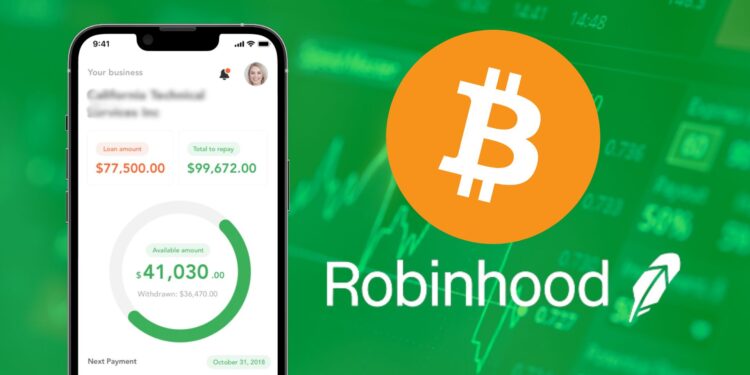- Robinhood launched its long-awaited desktop platform
- It added futures and index options trading features to its mobile app
- The fintech firm aims to take market share from traditional brokerages
Robinhood, the popular stock trading app, announced two major expansions to its services on Wednesday. The company launched a desktop platform and added new futures and index options trading capabilities to its mobile application. These moves indicate Robinhood’s intention to take market share from traditional brokerages.
Robinhood Desktop Platform
The fintech company unveiled its long-awaited desktop platform this week. The web-based service provides users access to Robinhood’s trading and account management features without needing the mobile app.
The desktop platform offers similar tools to the mobile experience. It allows users to search stocks, get quotes, read financial news, and monitor their portfolio.
Trading on the desktop platform works much like the mobile app. Users can buy and sell stocks, options, ETFs and crypto. The desktop platform also enables placing trades with complex options strategies.
Additional Trading Features
In addition to the new desktop platform, Robinhood added more advanced trading functionality to its mobile app.
Users can now trade futures contracts for commodities like oil, gold and wheat. The app also has new capabilities for trading index options based on the S&P 500 and Nasdaq.
These advanced derivatives join Robinhood’s existing offerings of stocks, ETFs, options and cryptocurrencies. The added trading flexibility provides users more investment choices.
Competition with Established Brokerages
Robinhood’s latest improvements bring its services more in line with traditional brokerage firms. The start-up company continues to evolve beyond its initial mission of providing commission-free stock trades.
With desktop access and sophisticated trading features, Robinhood seeks to become a full-service investment platform. The additions make the app more competitive with long-established brokerages like Charles Schwab and Fidelity.
Robinhood’s lower fees and slick digital experience appeal to millennial and novice investors. The company hopes its new offerings will attract more clients from incumbent brokerages.
Conclusion
Robinhood seeks to expand beyond its mobile roots with a desktop platform and more advanced trading capabilities. The additions reflect Robinhood’s growth ambitions and desire to compete with traditional brokerages. If the new offerings prove popular, they could help Robinhood capture more market share in the competitive online brokerage industry.














